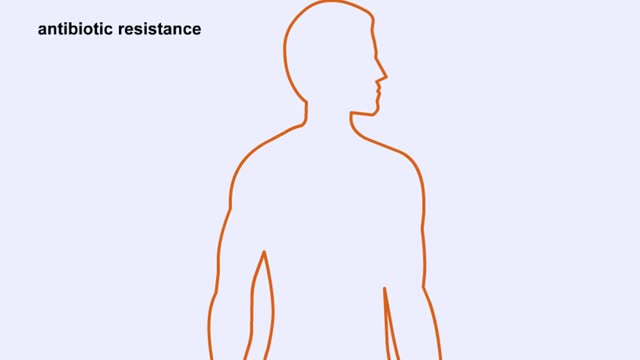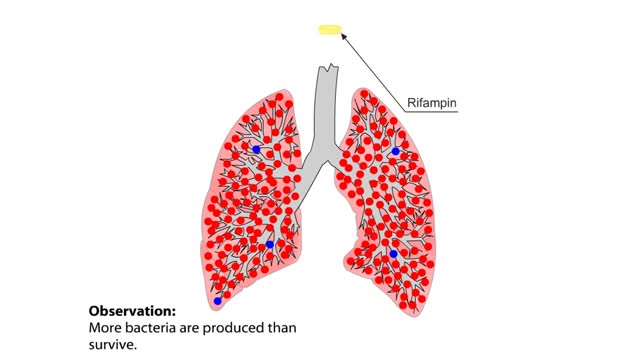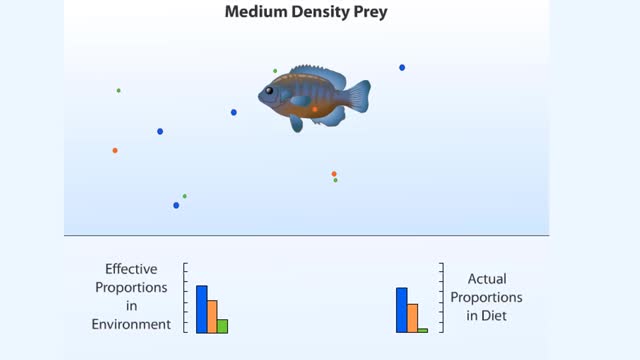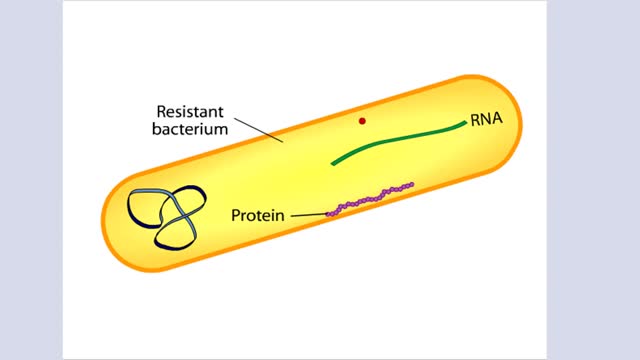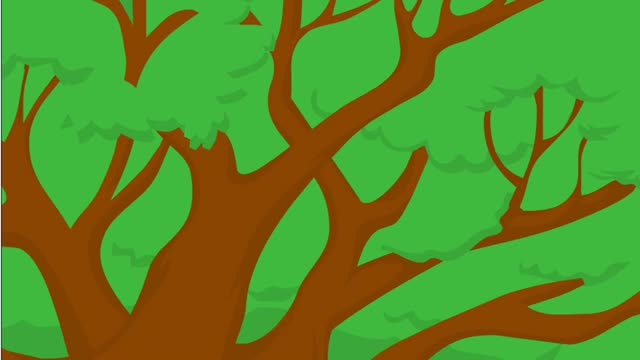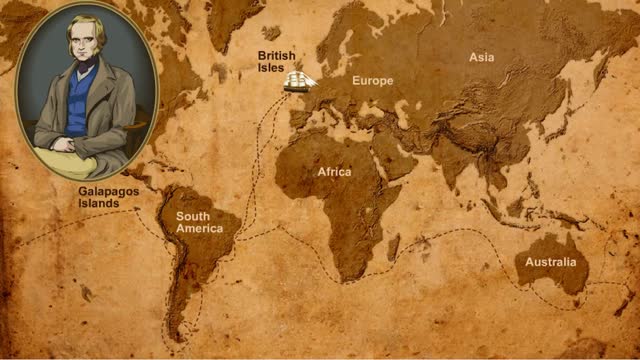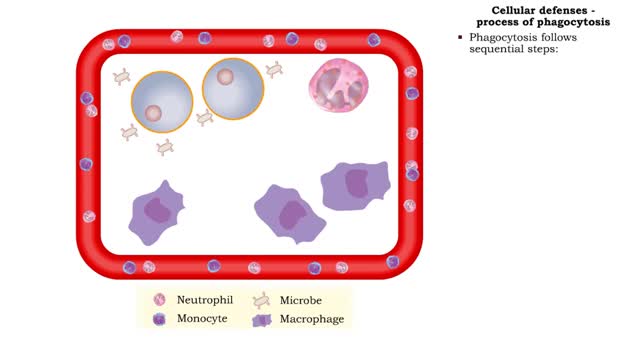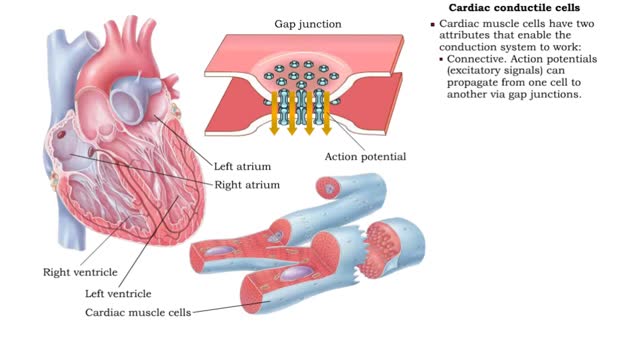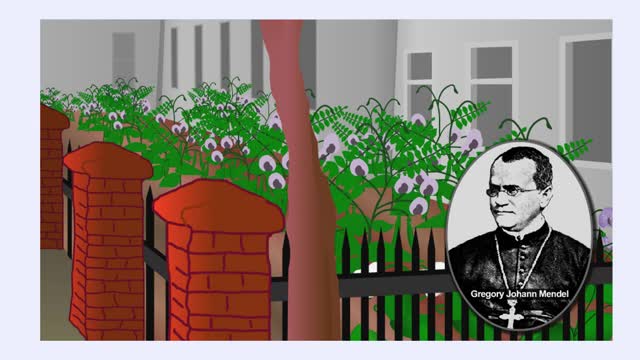Search Results
Results for: 'natural selection'
Natural Selection, Species Isolation and Real World Example
By: HWC, Views: 11069
`Natural selection' is the process in which organisms with adaptive traits survive and breed in greater number than organisms without such traits. Eventually, almost all of the individuals in the population will have the same adaptive trait. This was the concept presented by Charles Darwin in ...
Mycobacterium tuberculosis: Drug Resistance and Natural Selection
By: HWC, Views: 10425
The evolution of drug resistance in microorganisms, such as M. tuberculosis, that cause human diseases is of particular concern to biologists. When Mycobacterium tuberculosis infects the lungs of humans, it causes the disease tuberculosis, also called TB. Once infected, the lungs act as a new...
How does an animal choose what food to eat?
By: HWC, Views: 11103
One might assume that natural selection has influenced the foraging behaviors of animals, and that most animals forage efficiently, spending the least energy to gain the most nutrients. This is the underlying assumption of optimality modeling, a scientific approach to studying foraging behavior. ...
By: HWC, Views: 11322
The Crisis in Antibiotic Resistance More than 70 years ago, Alexander Fleming discovered penicillin. A few decades later, when this antibiotic was used in World War II, Fleming's discovery had revolutionized medicine. No longer did people have to die from something as trivial as an infected cut.Y...
Darwin's Observation (Fossils, Galapagos Islands & Africa ) and Natural Selection (Adaptive Traits)
By: HWC, Views: 11445
Along Darwin's voyage, he made many observations. Each one added to his understanding of how organisms change over time. Darwin was already familiar with fossils and knew that many fossils were very different from living organisms. But, also there were some fossils that were very similar to li...
Diversity of Living Creatures - Charles Darwin & the Beagle's Voyage
By: HWC, Views: 11207
As we look around at the living creatures on Earth, we see a great amount of diversity. In some cases, the differences are quite noticeable, like the differences between plants and animals. Some differences are not as easy to see, like the differences between two species of lizard. How did all...
Cellular defenses (natural killer cells, phagocyte types & process of phagocytosis)
By: HWC, Views: 11376
• Lymphocytes that rapidly defend against abnormal (cancer) or virus-infected cells. • Found in blood, spleen, lymph nodes, and red bone marrow. • Lack receptors for binding with specific antigens. • Act upon cells displaying abnormal MHC antigens. • NK cells destroy cells in ...
By: HWC, Views: 11770
• In order for the heart to function properly, all of its cells must contract in a specific sequence. This sequence is determined by a pathway known as the conduction system. • Cardiac muscle cells have two attributes that enable the conduction system to work: • Connective. Action pot...
Mendel's Principles of Inheritance (Father of Genetics)
By: HWC, Views: 11358
Gregory Johann Mendel, a monk living in the mid-1800's, is known as the "Father of Genetics" for his experiments with pea plants in the abbey garden. These experiments led him to deduce the fundamental law of genetics. Mendel was an Augustinian friar who entered, in 1843, the Abbey of St. Thom...
Advertisement



